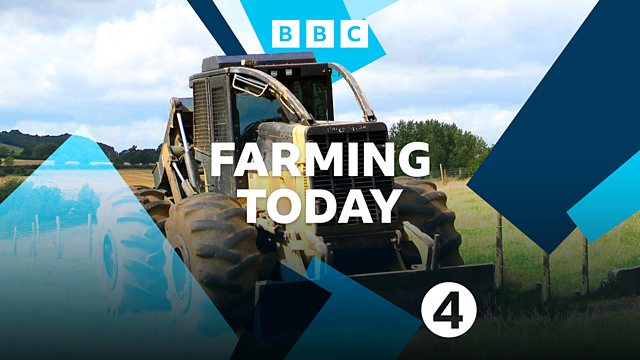
19/08/22 Eco food labelling, sheep on drought resistant lucerne, farm shop closes
An eco-label on food to tell us how environmentally friendly it is - could it really work? We discuss the pros and possible pitfalls.
Researchers at Oxford University have come up with a new way of assessing the eco-credentials of supermarket food, which could lead to a new eco-label.
Theyβve estimated the environmental footprint of 57000 food products in the UK, ranging from beef to biscuits to ready meals and fizzy drinks. Thereβs an algorithm and scoring system to rank food, and ready meals and sausage rolls are logged as 90% less harmful than beef and lamb. The Department for Environment Food and Rural Affairs has welcomed the initiative. But it has its critics who argue itβs too simplistic and that algorithms and broad estimates are too blunt a tool in the complex world of global food.
All week weβve been looking at sheep farming. Sheep are typically farmed on land which is no good for growing crops, like the high Lake District fells where we were yesterday, but some farmers are adding sheep into the arable rotation on their farms in order to improve soil health with a bit of natural fertiliser, manage weeds and provide another income stream. But having enough grass for sheep to graze in dry areas like East Anglia can be a challenge - so a sheep farmer in Norfolk has swapped grass for lucerne which is a legume plant valued for its drought tolerance, and used to feed sheep in New Zealand.
With inflation exceeding 10% for the first time since 1982, more and more small businesses are counting the cost. One family-run farm-shop near York has told us theyβre βdevastatedβ at having to close after nearly a quarter of a century serving the community. They simply canβt afford their soaring energy bills.
Presented by Caz Graham and produced by Beatrice Fenton.
Last on
Broadcast
- Fri 19 Aug 2022 05:45ΒιΆΉΤΌΕΔ Radio 4
Podcast
-
![]()
Farming Today
The latest news about food, farming and the countryside

